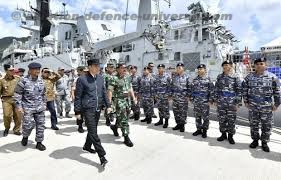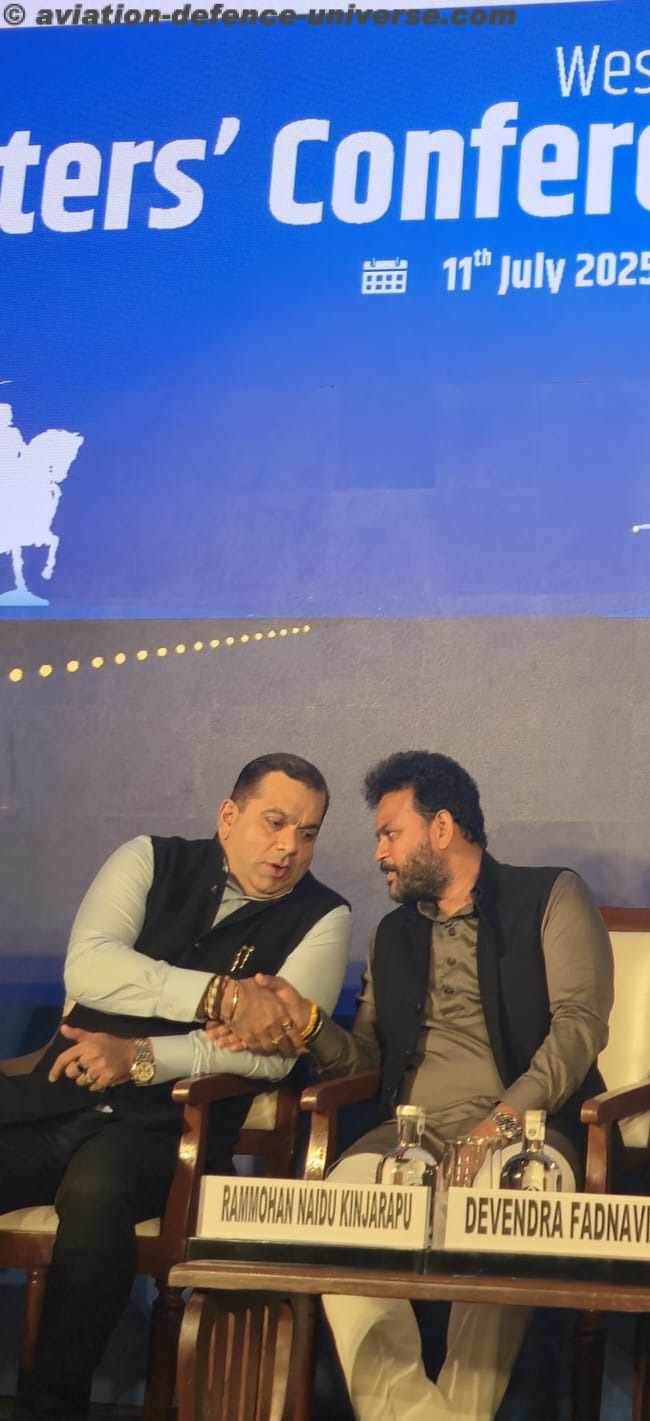- Let cool heads prevail in Natuna Isle row
By Suresh Somu

Bangkok. 18 January 2020. The calm before the storm or the storm coming ahead of any calm- whichever way you look at it, tensions in the Natuna Island in the South China Sea have flared again, putting Indonesia and China in very discomforting positions.
Realistically, neither countries are showing signs of backing down. And it must be noted that since 2016, they have crossed maritime swords. The Indonesia Navy fired warning shots at several boats with Chinese flags. And intercepted the trawler near the Natuna islands in Indonesia’s exclusive economic zone.
This was a clear indication to China that Indonesia means maritime business and will protect its sovereignty at all cost. But the rising global power will unlikely deter or delay from making its move again, perhaps to discreetly spike Indonesia?
TOUGH TIMES FOR INDONESIA
Analysts say that this time, the China strike comes when Indonesia is grappling with the worst ever hit flood in a decade, death and destruction. While keeping its diplomatic channel open for communication with Indonesia, it still continued with what it does best.
Over the past weeks, discord between the nations over illegal fishing has intensified. Tension ratcheted between China and Indonesia, when the fishing boats were escorted by China Coast Guard (CCG) vessels. Over the past years, China has increasingly used its huge fishing fleet to demonstrate its jurisdiction claims in the South China Sea.
It was not one but dozens of Chinese fishing boats that entered Indonesia’s exclusive economic zone (EEZ) off the Natuna Islands in the Riau province.
Indonesia, while sorting out the flood epidemic, did not lose sight of the maritime developments by China. It reacted instantly, sent warships, 120 fishing vessels, four F-16 fighter jets to the island with the strong stance from Indonesian President Joko Widodo, signalling “non-negotiation” when it comes to sovereignty.
SAFEGUARDING SOVEREIGNTY

And analysts keep pondering if perhaps China is testing Indonesia’s resolute while the latter has been clear and consistent.
But Indonesia is not prepared to be taken for any ride. In 2010, Indonesia submitted a letter to the United Nations questioning the legal basis of the “nine-dash line”. Indonesia’s contention that the line violated UNCLOS was fully endorsed in 2016 by an international legal tribunal in a case brought by the Philippines three years ago. And ever since, it has dutifully stepped up in safeguarding the sovereignty.
Whatever, China maintains its maritime grounds on an even kneel. It claimed that the fishing vessels are operating in the country’s traditional fishing grounds and it has rights and interests in the relevant waters.
President Joko, who visited Natunas recently, remarked there is a district, a regent and a governor in Natuna and there are no more debates; de facto, de jure, Natuna is Indonesia, he affirmed.
NO BILATERAL TALKS
Indonesia is also not open to hold bilateral talks with China as it states that the two countries do not have overlapping claims in the South China Sea and there is no need for dialogue as such. So with both appearing to be at locked horns, where will this latest maritime hiccup go from now?
Analysts further opined that Indonesia, home to South-east Asia’s largest armed forces, South-east Asia’s largest economy, and de facto leader of ASEAN, is not without diplomatic leverage to deter China if it so chooses to apply it.
It has already pushed for Asean-China code of conduct for the South China Sea which is currently under negotiation. And concurrently, it could also seek legal recourse at the International tribunal for the Law of the Sea.
But this may pose as a tricky and sensitive scenario as China will view this as a hostile act and could hurt Indonesia economy by investments.
As the uneasy maritime climate goes, with the neighbours keeping their fingers crossed, the Indonesian Navy (TNI-AL) has launched “Operation Combat Alert Natuna Sea 2020” with deployment of naval vessels and fighter jets.
ULTRA-BOLD STAND
The People’s Liberation Army Navy, on the other hand, has dozens of state-of-art warships and Indonesian navy and maritime law enforcement agencies may well be greatly outnumbered and outgunned.
But looking in perspective, Indonesia’s ultra-bold stand must be commended. By virtue, the adoption of tougher line by Indonesia aligns well with the strategic objectives of its Indo-Pacific partners, who also seek to limit China’s coercive power.

So end of the day, on the high seas, it’s not the test of military might but wits. The question now begets: How long can Indonesia hold China off?
Any calm before the storm? Or would a storm suddenly turn the seas ahead of any calm? It’s ripe time to keep a very close watch at the tensions in the Natuna Island in the South China Sea.
On hindsight, the crossing of maritime swords may not be beneficial as Beijing and Jakarta commemorate the 70th anniversary of their symbolic ties in 2020.
























































































































